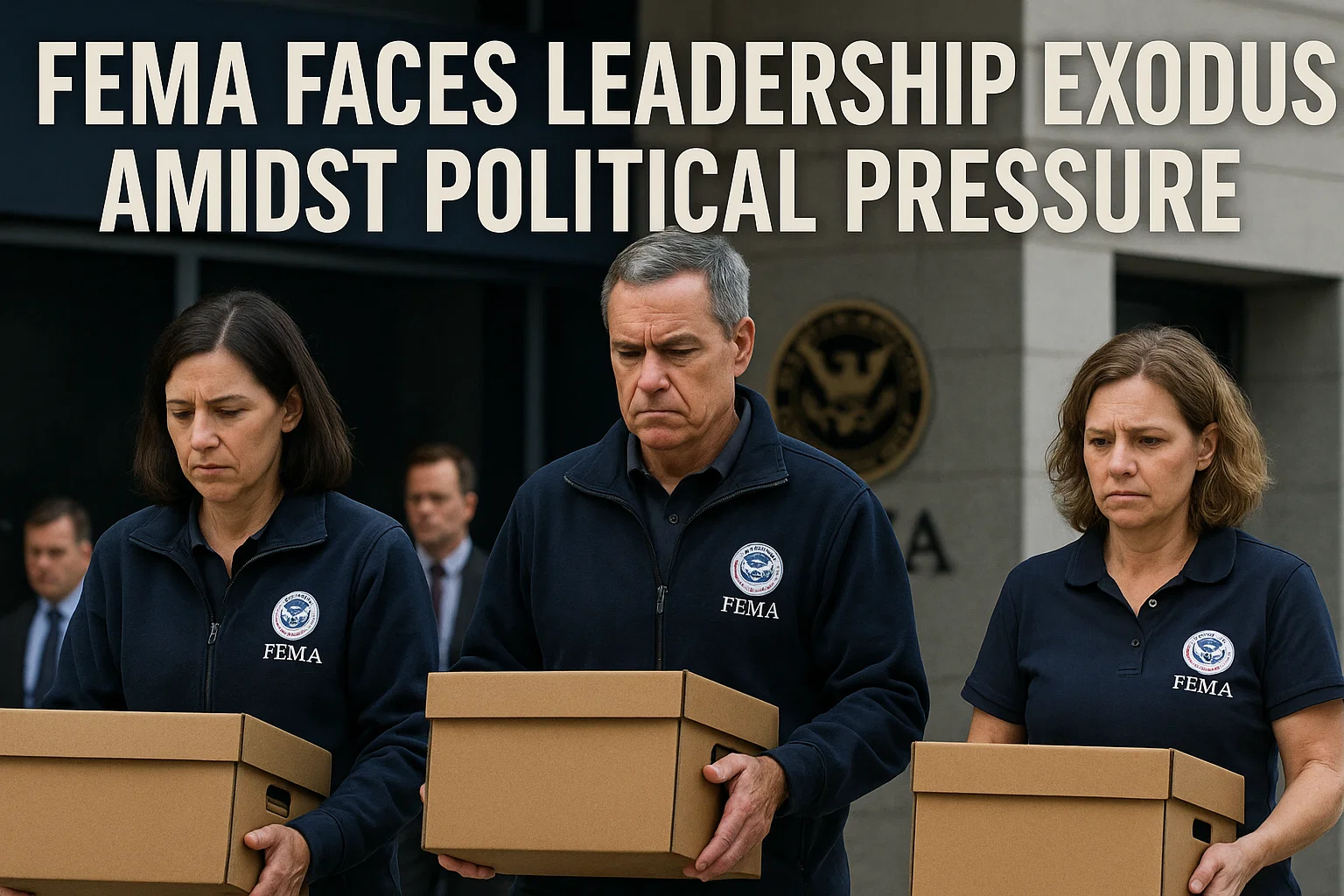
In a surprising development, the Federal Emergency Management Agency (FEMA) announced the resignation of 16 senior executives, including MaryAnn Tierney, a 26-year veteran who recently served as the agency's acting deputy administrator. This mass departure comes just days before the official start of the hurricane season on June 1, raising concerns about FEMA's preparedness to handle upcoming natural disasters.
The resignations follow a series of political maneuvers aimed at restructuring FEMA. Former President Donald Trump has been vocal about his intentions to downsize or even eliminate the agency, advocating for a model where individual states bear more responsibility for disaster response. This approach has led to significant internal upheaval, including the earlier dismissal of acting administrator Cameron Hamilton and the appointment of David Richardson, who has pledged aggressive reforms within the agency.
The departure of key personnel across finance, human resources, and disaster response units has raised alarms about FEMA's capacity to effectively manage emergencies. Internal communications suggest that the loss of experienced leaders could compromise the agency's readiness for the impending hurricane season. Critics argue that the leadership vacuum and ongoing restructuring efforts may hinder FEMA's ability to coordinate disaster relief and support affected communities efficiently.
As FEMA navigates this period of transition, questions remain about the future of federal disaster management in the United States. The agency's ability to adapt to these changes while maintaining its core mission of emergency preparedness and response will be crucial in the coming months.
Contact: [email protected] | +86 15773162403 | www.zpigments.com